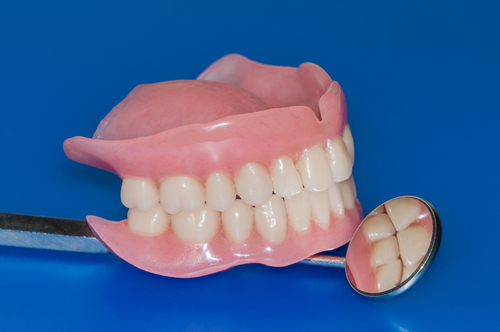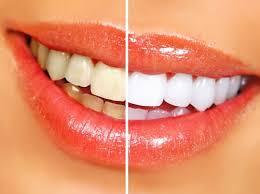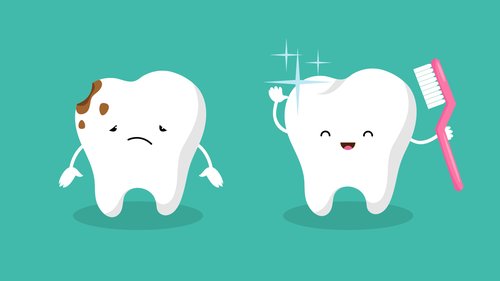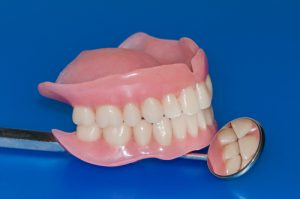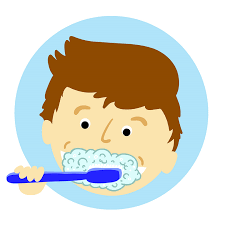We have been talking about oral health and the importance of keeping up with it. While having a general knowledge is good, knowing specifics is even better. Time to break down the types of dental and oral diseases you can have and how to treat it.
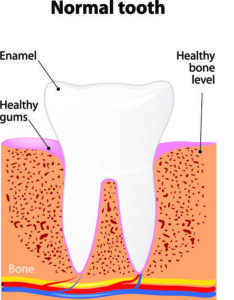
7 Types of Dental and Oral Diseases and Treatments
With how often we use our mouths, it’s not a surprise that they get worn down. Remember that oral health is connected to overall health.
1. Cavities
Cavities are tooth decay. It’s when parts of your tooth are damaged to the point of having holes in them. They are super common.
Cavities happen when bacteria, food, and acid cover your teeth and create plaque. The acid starts to destroy the enamel and underlying dentin.
If these aren’t taken care of, it can lead to permanent damage to your teeth.
2. Gum Disease (Gingivitis)
Gingivitis is a fancy word for gum disease, which is the inflammation of your gums. Plaque builds up because of bad brushing and flossing habits.
It makes your gums swell and even bleed when you brush or floss. If you don’t take care of it, it can lead to periodontitis.
3. Periodontitis
The harsher version of gum disease and can spread to your jaw and bones. It can cause inflammation throughout your whole body.
4. Cracked or Broken Teeth
Teeth can crack or break, despite how tough they seem. It can happen because of an injury to the mouth, chewing hard foods, and grinding your teeth. They can be very painful, and you need to see a professional asap.
5. Sensitivity
You have sensitive teeth if you get pain when having hot or cold food items. It’ also referred to as dentin hypersensitivity.
It is a temporary side effect after having a root canal or filling. It can be a sign of more permanent issues like gum disease, receding gums, a cracked tooth, or old fillings and crowns.
It could be happening to you because you have less enamel on your teeth. Luckily, there are treatments like using toothpaste branded for sensitive teeth.
6. Oral Cancer
There are different types of cancer you can develop, and those include gums, tongue, lips, cheek, the floor of your mouth, and the hard and soft palate.
Dentists are usually the first person to notice signs of oral cancer. Tobacco use is the most significant way to develop oral cancer.
7. Surgeries
Hopefully, it won’t get to this point, but surgeries are another option for treatment.
Flap surgery is when a surgeon cuts a small part in the gum to lift a section of tissue. They remove tartar and bacteria from underneath the gums. The flap is then stitched back into place.
Bone grafting is needed when gum disease has gone too far. The dentist uses either part of your bone, a synthetic bone, or a donated bone to replace your damaged one.
Soft tissue grafts are similar to bone grafts and are a treatment for receding gums.
Tooth extraction happens when a tooth can’t be saved and needs to be removed. It’s also used to get rid of wisdom teeth that are impacted.
Dental implants are used to replace missing teeth due to a disease or accident. Once an implant is put in, your bone will grow around it.
7 Ways to Treat Oral and Dental Diseases
The best way to keep your teeth healthy is to keep up with professional appointments.
1. Cleanings
A professional cleaning destroys any plaque you may have missed when you brush or floss. Cleanings will also get rid of tartar, and once in a while, a dentist will use a high-powered toothbrush to brush your teeth.
Deep cleaning can be called a scaling and rooting planning as well.
2. Flouride Treatments
Flouride treatments fight off cavities. It’s a natural mineral and can help strengthen the enamel of your teeth and make them stronger.
3. Antibiotics
If you have any infections or a tooth abscess that has spread to other teeth or jaw, you’ll probably get antibiotics. It can be a mouth rinse, gel, pill, or a capsule. Topical antibiotic gel can be applied to teeth or gums during surgeries.
4. Fillings, Crown, and Sealants
A filling is used to repair a cavity, crack, or a hole in your teeth. A dentist will use a drill to remove the bad area of the tooth and then fill it. They usually use a material like amalgam or composite.
Crowns are used if a large part of your tooth needs to be removed or broken off. There are two kinds. An implant crown fits over an implant, and a regular crown fits over a natural tooth.
Sealants are thin, protective coatings that are put on the back teeth to prevent cavities. Though these are usually used more with kids.
5. Root Canal
You may need a root canal if your teeth get bad enough that the damage reaches down to your nerves. During the procedure, the nerve is removed and replaced with a filling.
6. Probiotics
Probiotics can help prevent plaque and treat bad breath. Some may even help avoid oral cancers and reduces inflammation.
7. Keeping Good Habits
Finally, just keep good habits. Watch what you eat, brush and floss daily, and be aware of your teeth.
Read more here.
